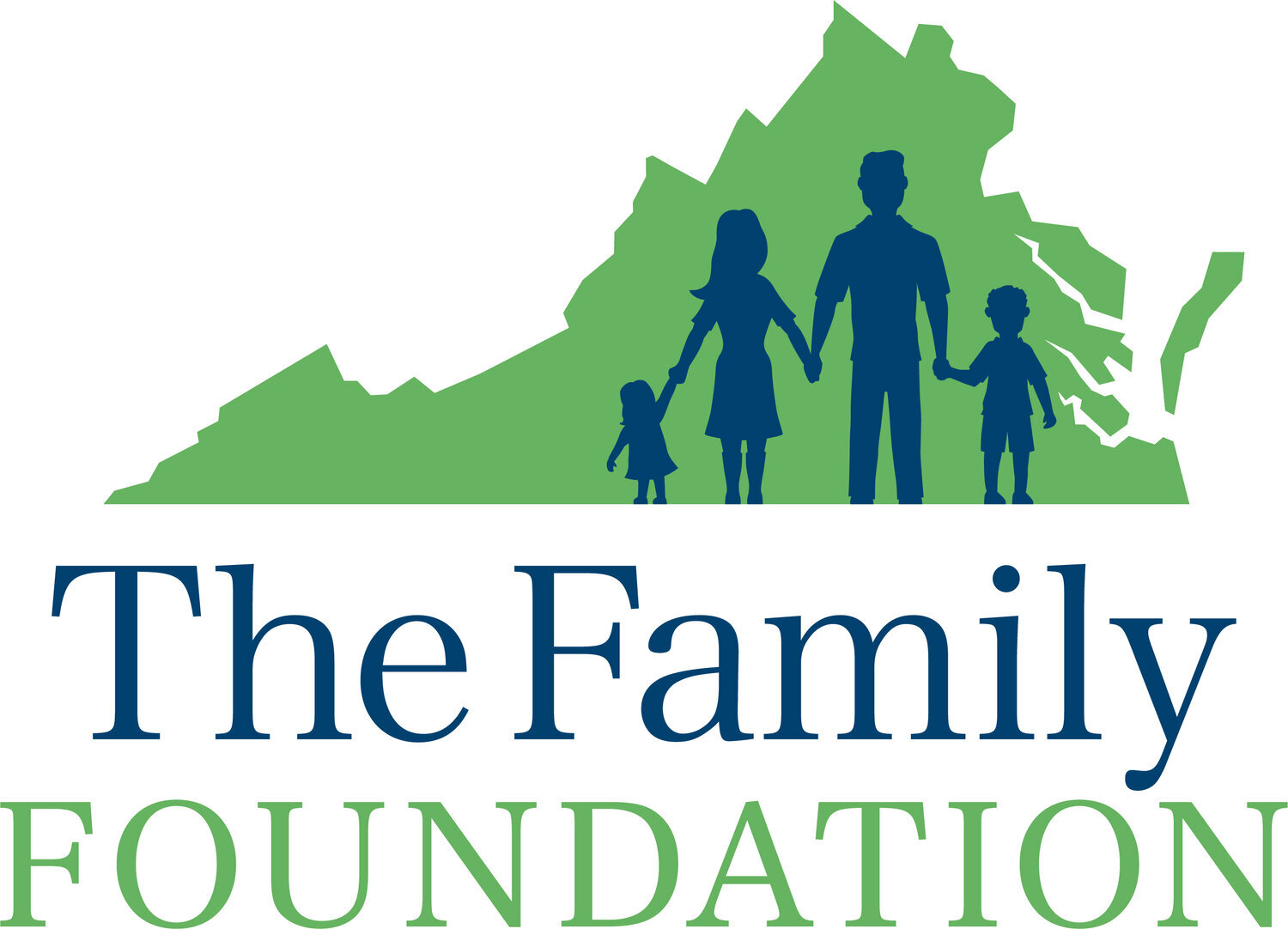Supreme Court Redefines “Sex”
Today, the U.S. Supreme Court got it wrong in a very big way. Once again, the high court took on the role of a legislative body and effectively redefined “sex” under Title VII of the federal Civil Rights Act (written in 1964 when “sex” clearly only meant biological male or female) to include the subjective notions of “sexual orientation” and “gender identity” (“SOGI”).
The 6-3 decision in Bostock v. Clayton County (which incorporated the Harris Funeral Homes case), written by recent Trump appointee Neil Gorsuch, applies to employment decisions of most employers nationwide and will most certainly create endless new problems in our already crumbling culture.
One of the great ironies is that these civil rights laws were put into place in large part to ensure equal opportunities for women. The logic of today’s decision undermines the exact purpose of the law by creating an unequal playing field for women in athletics and elsewhere, while encouraging men to take advantage of women-only private facilities.
While the majority opinion pains itself to establish that it is not appropriate for the Court to act as a legislative body, incorporating a new meaning of “sex” never conceived at the time Title VII was passed is in fact redrafting law. In doing so, the Court has effectively wiped away the biological reality of male and female in federal law by implying that there is no difference between an individual’s subjective feelings (i.e. same-sex attractions, or identifying as the opposite sex) and a person’s actions. This will only harm women and further threaten religious liberty.
The dissenters (Thomas, Alito, and Kavanaugh) recognized the massive problems with the Court’s “illogical” opinion. While the majority opinion was just 33 pages, there were 134 pages of dissenting opinions. Justice Alito, after laying out many of the unavoidable consequences, pointedly wrote: “Although the Court does not want to think about the consequences of its decision, we will not be able to avoid those issues for long. The entire Federal Judiciary will be mired for years in disputes about the reach of the Court’s reasoning.”
He’s absolutely correct. The majority opinion, however, did point out that this case does not address whether someone would have a valid religious liberty defense against this new SOGI standard based upon the First Amendment or the federal Religious Freedom Restoration Act. So it is yet to be seen whether employers or organizations with sincere religious objections would prevail in such a conflict.
These open questions about whether someone will still be allowed to act in accordance with their religious convictions is why The Family Foundation has decided to roll out our new legal division, the Founding Freedoms Law Center, which we will be telling you more about very soon. It’s clear there is much work to be done and many conscientious people to be defended against an increasingly oppressive government.
Please reach out to us if you or someone you know may face adverse consequences as a result of this and similar developments. And in the meantime, please double your prayers for our nation, our Commonwealth, our churches, and our leaders – that they would turn to God in repentance, that He might heal our land.
